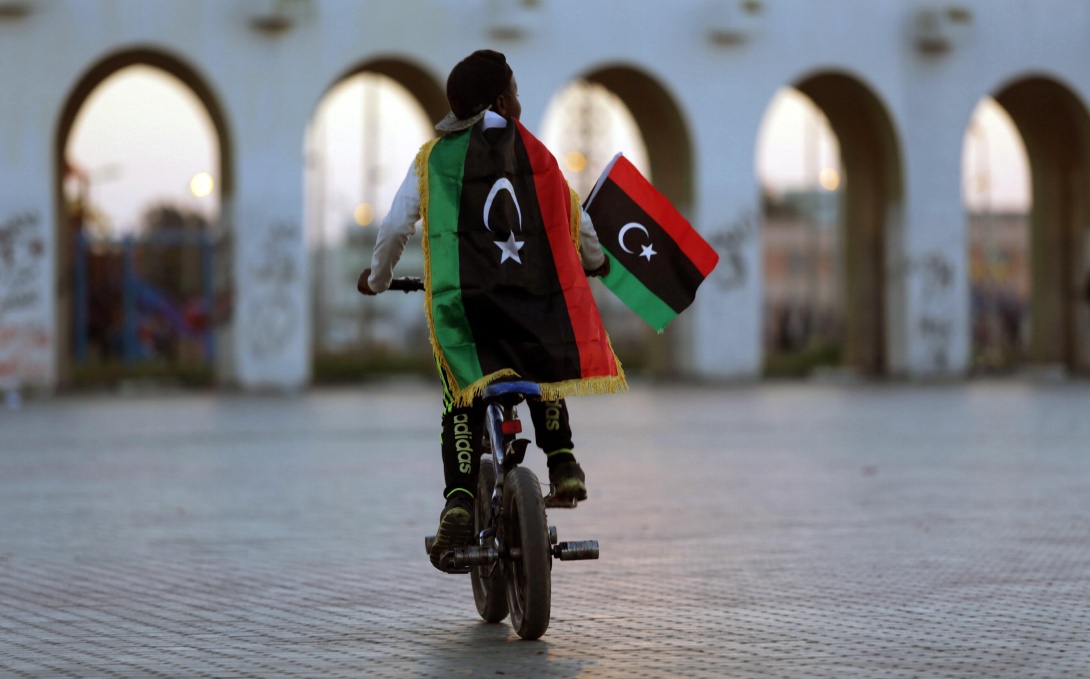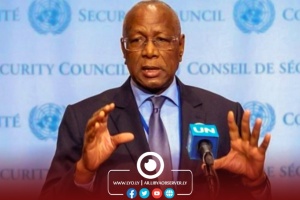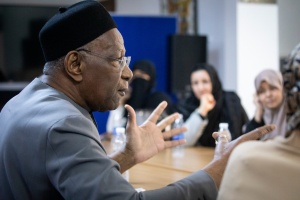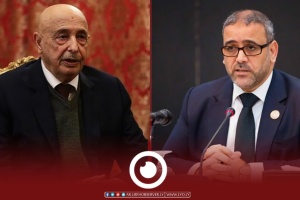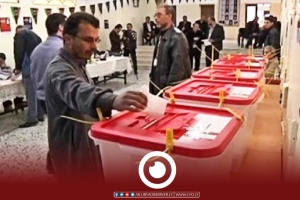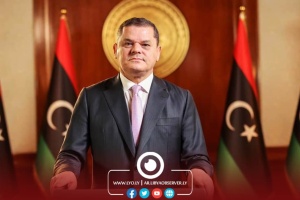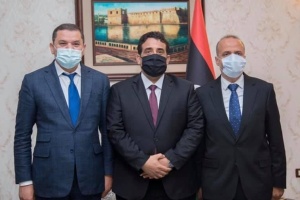The new political road map in Libya hinges on three main lines, a constitutional path, national reconciliation, and the question of a new government writes the Italian Nova news agency.
In a lengthy analytical article on Friday, Nova anticipated that the elections depend on a mix of these three factors and the geopolitical context.
The news agency quoted Libyan analyst Tarek Megerisi as saying that the dynamics suggest that a Dbeibah-Haftar deal is more likely than the prolongation of the status quo.
The constitution track remains unclear, but there are two options in sight, says Megerisi; the first is to make specific changes plus a referendum by mid-year -as the High Council of State wants- or starting from scratch -as required by Parliament Speaker Aqilah Saleh- who proposed forming a new commission of 30 experts to rewrite the constitution.
Regarding the emergence of a new government, Jalel Harchaoui, a research fellow at the Dutch think tank Clingendael Institute says that kicking Prime Minister Abdul Hamid Dbeibah out of Tripoli would be a daunting task.
"To do this, one must confront Turkey, the powerful brigades of Misrata, and other military factions in Tripoli which also support Dbeibah. In addition to this, Dbeibah enjoys the de facto recognition of the United Nations," Harchaoui added.
On another level, Former manager of Eni and senior advisor to the Libyan Investment Authority, Leonardo Bellodi, says that guessing Libya's path is like predicting the price of oil.
He explains that the main obstacle to ending the crisis and uniting the country is foreign interference and a great rivalry between "Cyrenaica and Tripolitania".
"Until there is a governmental entity that the Libyan tribes feel is their own, it seems that all these efforts are in vain," Bellodi added.

